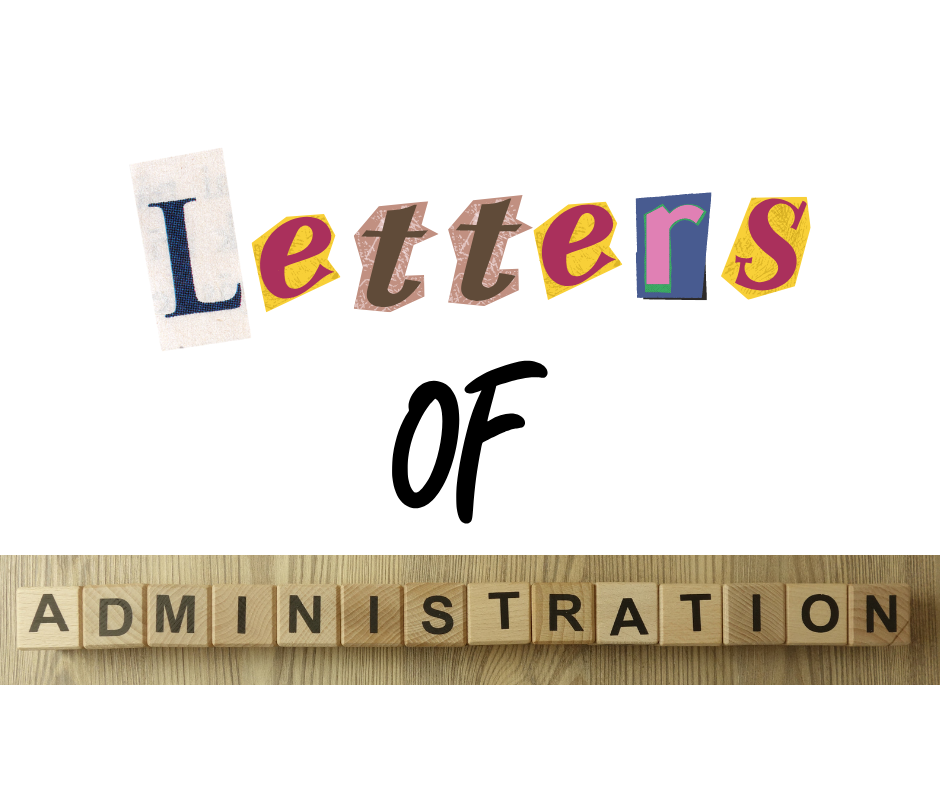
Letters of administration are official documents issued by court when someone dies without leaving a valid will. They are also required in cases where a will exists but does not name an executor, or if the nominated executor cannot or will not fulfill their duties or has also passed away.
Letters of Administration grant authority to a person(s), known as the “administrator(s),” to handle and distribute the assets of the deceased’s estate.
First, the family members gather for a meeting to decide who should receive the letters of administration. They then record the decisions made during the meeting in written minutes.
If the chosen person is not the deceased’s widower/widow, he/she must first obtain a Certificate of No Objection from the Administrator General’s office. With assistance from a lawyer, the person petitions to the court where the deceased’s property is located to grant them letters of administration.
The following documents are required:
1. A death certificate (NIRA) and post-mortem report from a hospital.
2. List of children/beneficiaries of the estate of the deceased and their ages
3. Place or address of the deceased by the time of death
4. Estimate the value of the estate
5. Relationship between the Applicant and the deceased and their ID
6. Letter from the LCI Officials of the place where the deceased was buried
7. Introduction Letter from Applicant’s LCI Chairperson
8. Passport photos of the Applicant
9. Certified copies of Minutes of the family meeting where the Applicant is selected to make the Application/ Family Resolution
When the petition is filed, 14 days are given to the Applicant to provide notice to the public in newspapers about the petition for the letters of administration.
If there is no objection to the petition after 14 days, court will proceed to identify the applicant and determine the petition.
If court finds the Applicant a fit and proper person to administer the estate, the letters of administration will be granted.
Author: Isabella Pedun (isabellapedun@nabasalaw.com)
